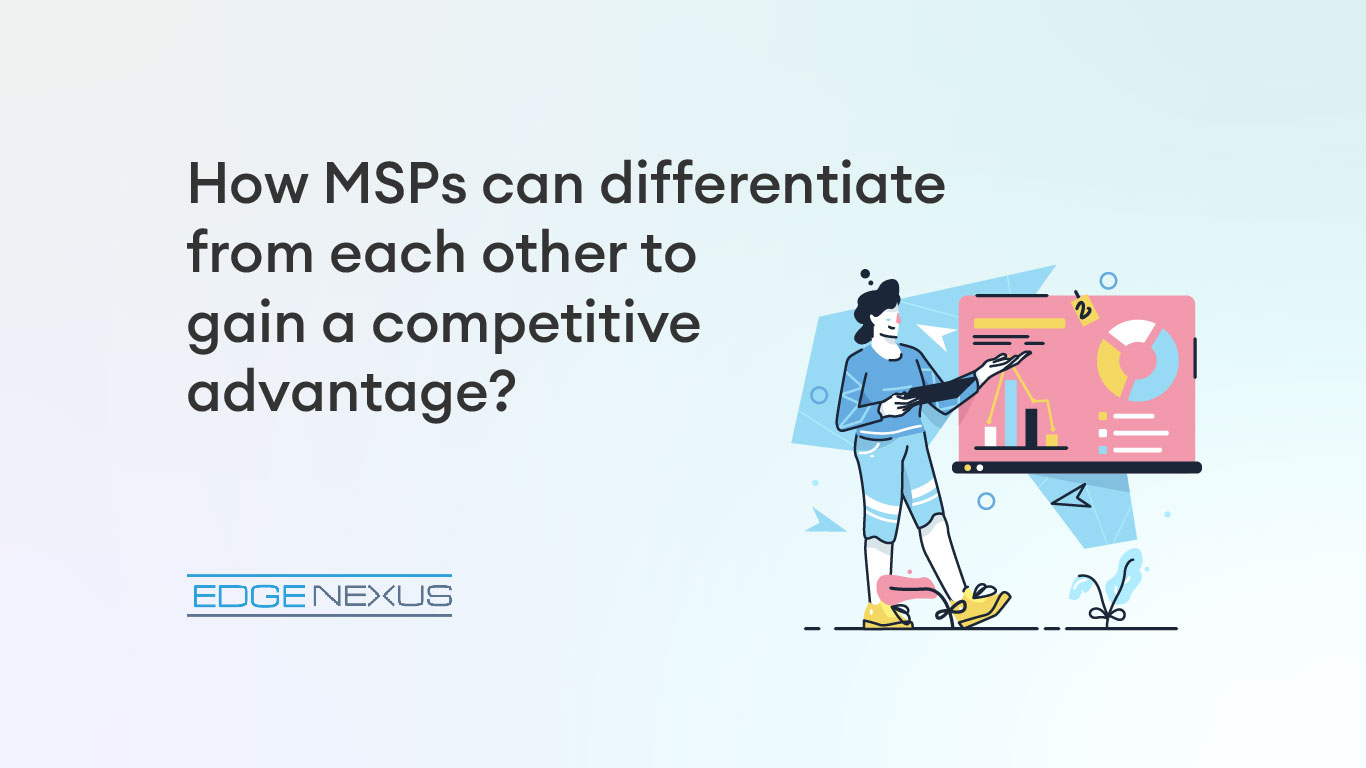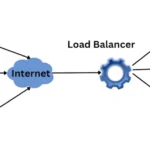When many business customers and end-users want the same 80% of applications, it can be hard for managed service providers to demonstrate the differences they offer. But there are ways MSPs can stand out from the crowd.
Before COVID the march to digital business was well underway. But the pandemic has pushed many businesses to modernise their IT operations to support remote working, to deliver on the benefits of automation and productivity gains, and become more dynamic when it comes to strategy.
MSPs can push the security button
Many firms during COVID adopted services in an ad hoc fashion, creating short-term chaos and some business risk, but now have the time to realign those services, using MSPs and other partners.
MSPs have the experience to highlight the many shortfalls that the craziness of COVID created, from security vulnerabilities to file duplications, weak user security, and many more. MSPs can highlight their skills as a security sanity check, even if security is not primarily among their offering.
They can also highlight the need for cloud security, with many firms assuming that their cloud provider does all the hard work when it comes to protecting data and services across clouds and networks. That was never the case and something that was easy to overlook when it came to setting up systems at speed.
MSPs can highlight and provide the services that can protect business data, public and private clouds, network connections, and users from the perils of the cloud. Malware, zero-day threats among other issues are massive challenges for all firms.
- Cloud firewalls (protecting data beyond the internal company firewall)
- Load balancers (managing data across multiple servers for redundancy and higher uptime),
- Cloud access security brokers (CASBs ensure only legitimate users can access services)
- Cloud application security (Tools that protect applications that cross clouds)
These and other tools all help an MSP add value to their offerings and drill home the need for security among firms laser-focused on surviving or profitability.
It’s not easy being green
Many companies want to be green, but beyond green energy providers and bike-to-work schemes, firms often struggle to think about how else they can reduce their carbon footprint. MSPs can step in by highlighting the green benefits of the cloud and how cloud service providers are increasingly using green power to drive their data centers and services. Putting together a green MSP package creates a differentiated offering that will appeal to high-growth firms whose green credentials are a key part of their hiring and investment-attracting marketing.
Highlight the need for risk management
As part of an MSP’s business, there is a strong understanding of risk management in delivering and securing services. This can be leveraged for clients as part of a strong risk/security offering, providing highly secure applications and services, bundled with the knowledge that they might not have internally about securing their business and avoiding risk.
Providing knowledge as well as services deepens any business partnership and can encourage the adoption of further services as the business grows. Even firms that are all-in on Google Cloud or Amazon AWS need a growing range of security as well as an understanding of their growing cloud to manage the risks these services create.
Most companies and SMBs, even up to enterprises, never have the budget or knowledge they need to protect and operate their business in the most effective manner. This is why so many firms adopt a few common tools (Slack, an office suite and market-specific productivity applications, etc) and think they are following best practices.
Proactive MSPs can point out the cracks in this approach and show them a differentiated approach to doing things better. This creates better long-term partnerships and ensures the client has a better, safer, customer experience.











